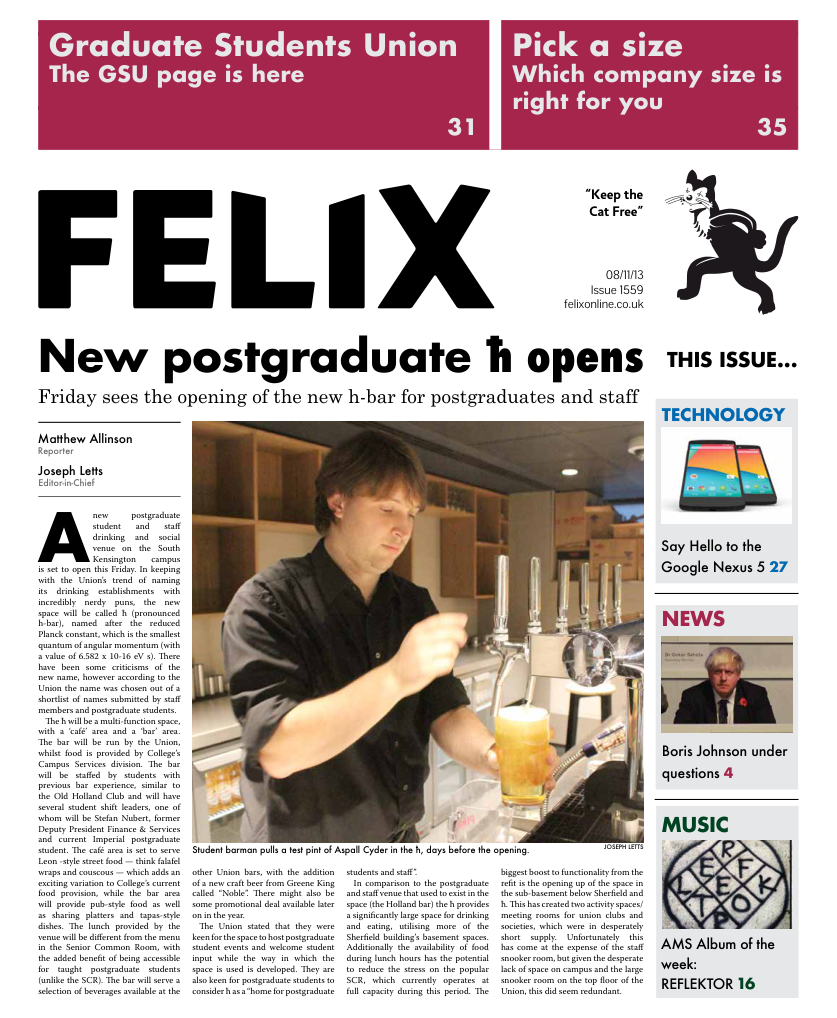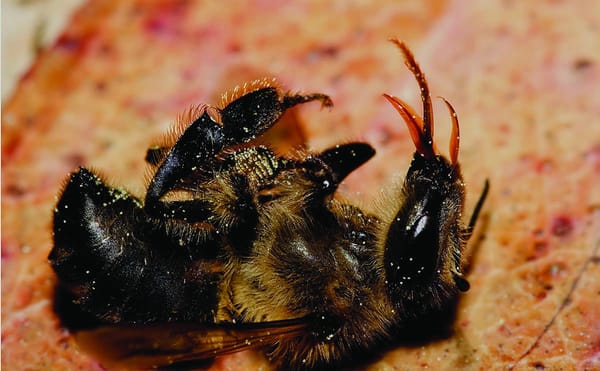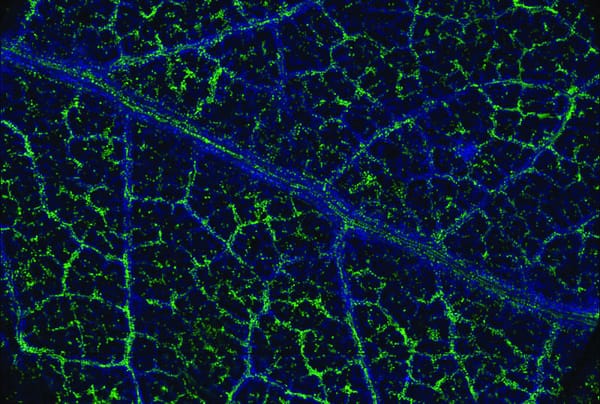Traditional ecological knowledge: the old versus the new
Nika Levikov on just how old customs can bring us up to speed for the future
Traditional ecological knowledge (TEK) is not a new concept, especially for indigenous peoples themselves or those who practice old customs. However, we still find ourselves merely engaging in dialogue about how TEK should be applied to policy-making and research. The world of conservation is only now recognising that incorporating other disciplines is necessary if any changes we try to make as scientists are going to stick. I first learned about TEK when I attended an annual meeting held by the Society for Conservation Biology in 2010. The topic was how to build a bridge of communication between indigenous peoples and scientists. I was surprised to see the anger and bitterness from indigenous communities, that such a dialogue was only being put to the table at that time. Why hadn’t it happened sooner? “There is something Western scientists don’t understand,” they said, “a spiritual connection that makes our relationship to the land unique”. I would argue that there are plenty of scientists with a spiritual side, but were these communities right? Do they know the land in an intimate way that scientists can never accomplish? I’m convinced that the indigenous peoples living in reservations in Arizona aren’t the only ones who feel this way. Modern day society finds countless ways to further fragment itself. We are faced with a history that is dark, one that many people are unwilling to forget and perhaps not even forgive. It is clear that whilst we sit in our self-righteous chairs exclaiming that barriers must come down, they haven’t completely. Targeting climate change mitigation could be a way of building a bridge. Many solutions that have been posed in the recent past involve alternative energy sources and being ‘green’, but the people most affected by climate change tend to be indigenous communities in poor developing countries. Adaptation by some scientists is being presented as a solution, given that extreme weather conditions such as droughts and floods have already made an impact. Indigenous people have applied TEK successfully in this regard. In the African Sahel, for instance, farmers use a zero-tilling method that allows their crops to prosper under harsh climate. The Inuit hunters in Alaska have been able to keep hunting bowhead whales despite their changing migrations. It took years for scientists to realize that their estimate of the bowhead whale population was wrong and that the Inuit had a much more accurate number. The Inuit also brought up the importance of wind strength and direction as a factor in analysing migration patterns. Another success story is with The Hotspots Fire Project in Australia, which is getting communities together to talk about fire and how to manage it because of increasing risk of fire outbreaks due to climate change. Along with landowners and scientists, the Aboriginal community is taking part, spreading their knowledge on fire management. The extent to which their knowledge is being applied is unclear, but recognising that these people have adaptation methods that have worked for many years is a move in the right direction. Climate change is a global problem, but there is no global solution. As with other aspects of conservation, the possible solutions need to be applied on a local level. Using TEK helps localise the problems and mitigation efforts. There is a risk that TEK might be ‘wrong’ and evidence behind certain strategies are usually anecdotal and/or biased, but the rate at which the climate is changing means we don’t have the luxury of time. TEK could speed up the scientific process by providing scientists with information that gets them to ask the appropriate questions and gather data more quickly. So let’s cut the dialogue about what we should be doing as scientists and conservationists. A systemic strategy should be put in place to go beyond initial communication between indigenous communities and everyone else. TEK isn’t science, but without it, we risk greater biodiversity loss, cultural loss, and a slowed implementation of climate change solutions. Using TEK should be the norm. After all, with climate change already negatively impacting people across the world, what more do we have to lose?








